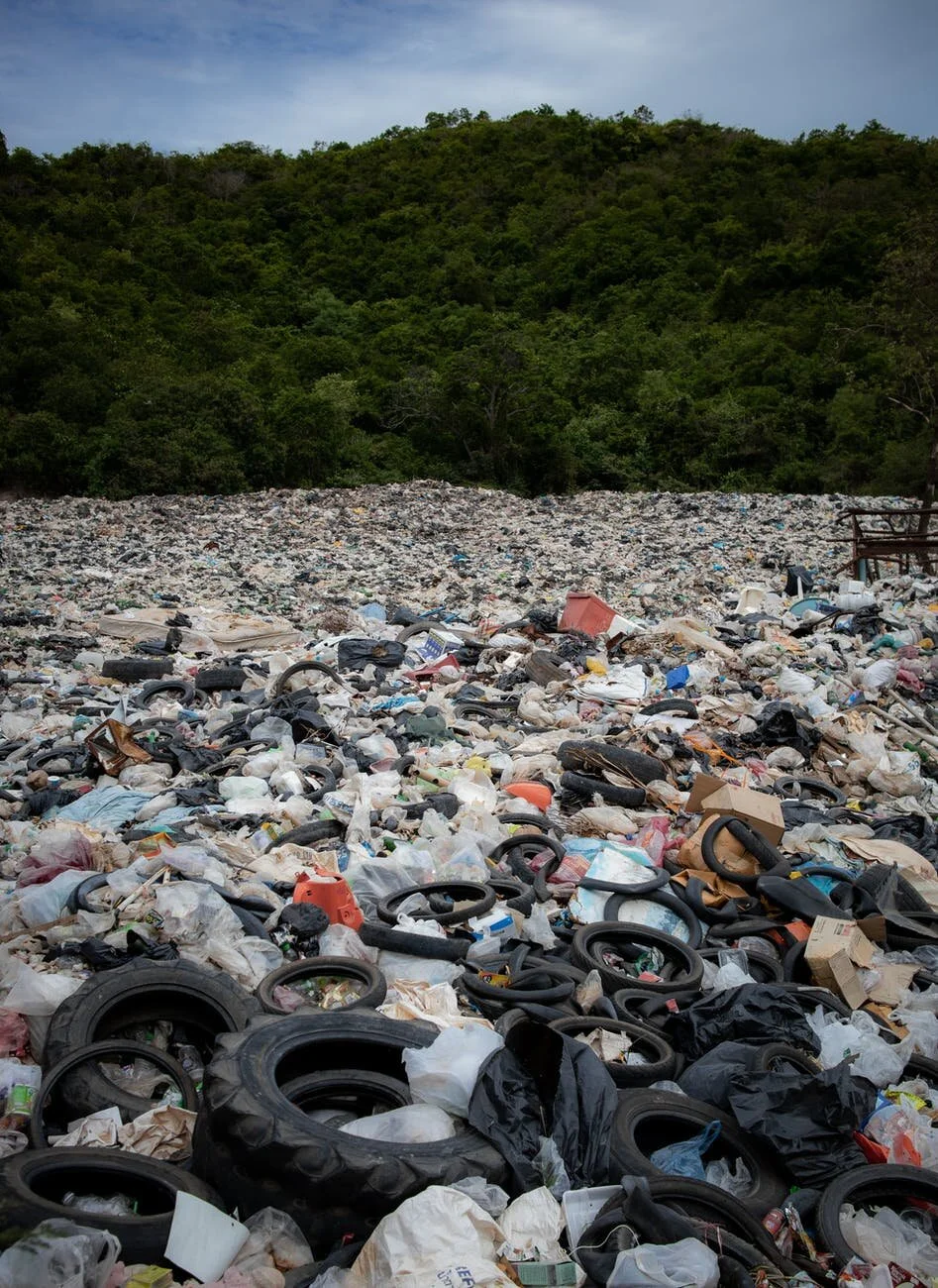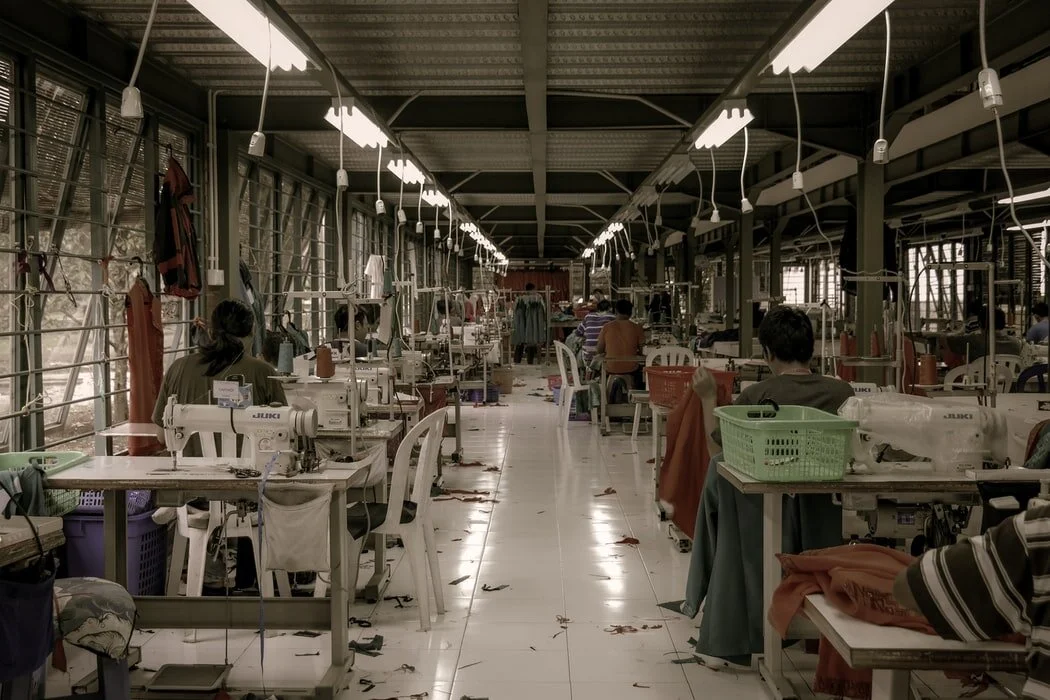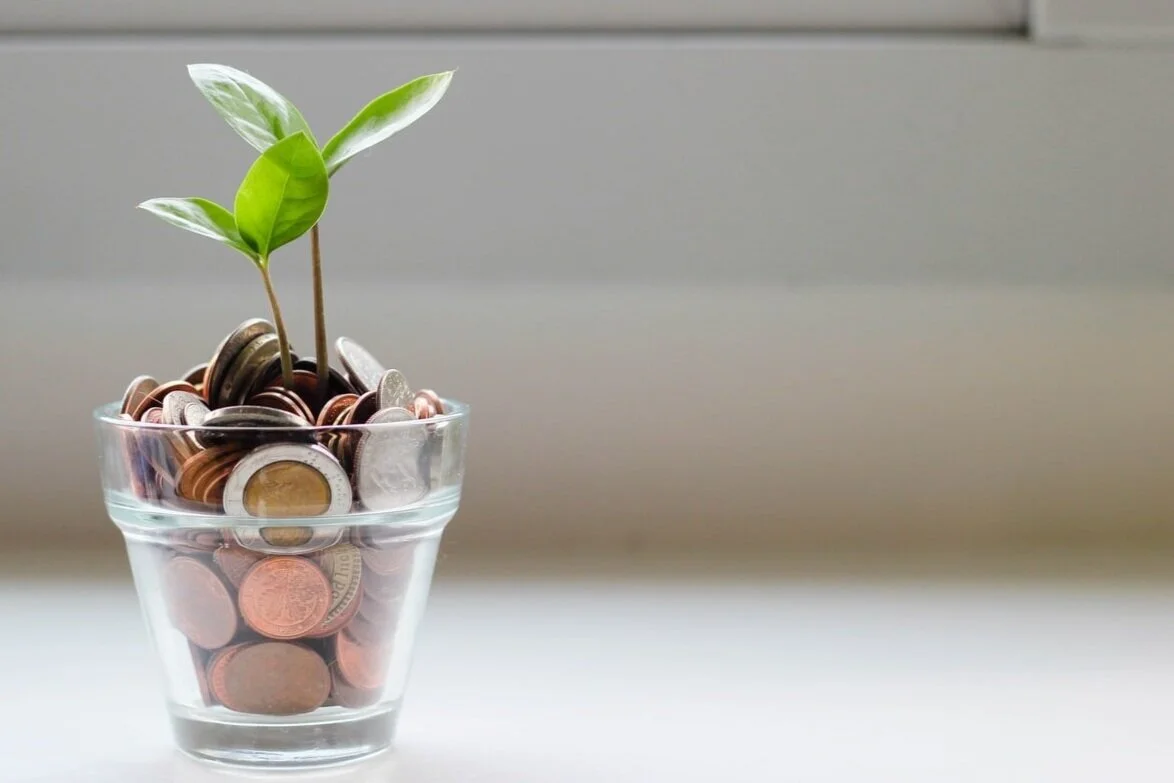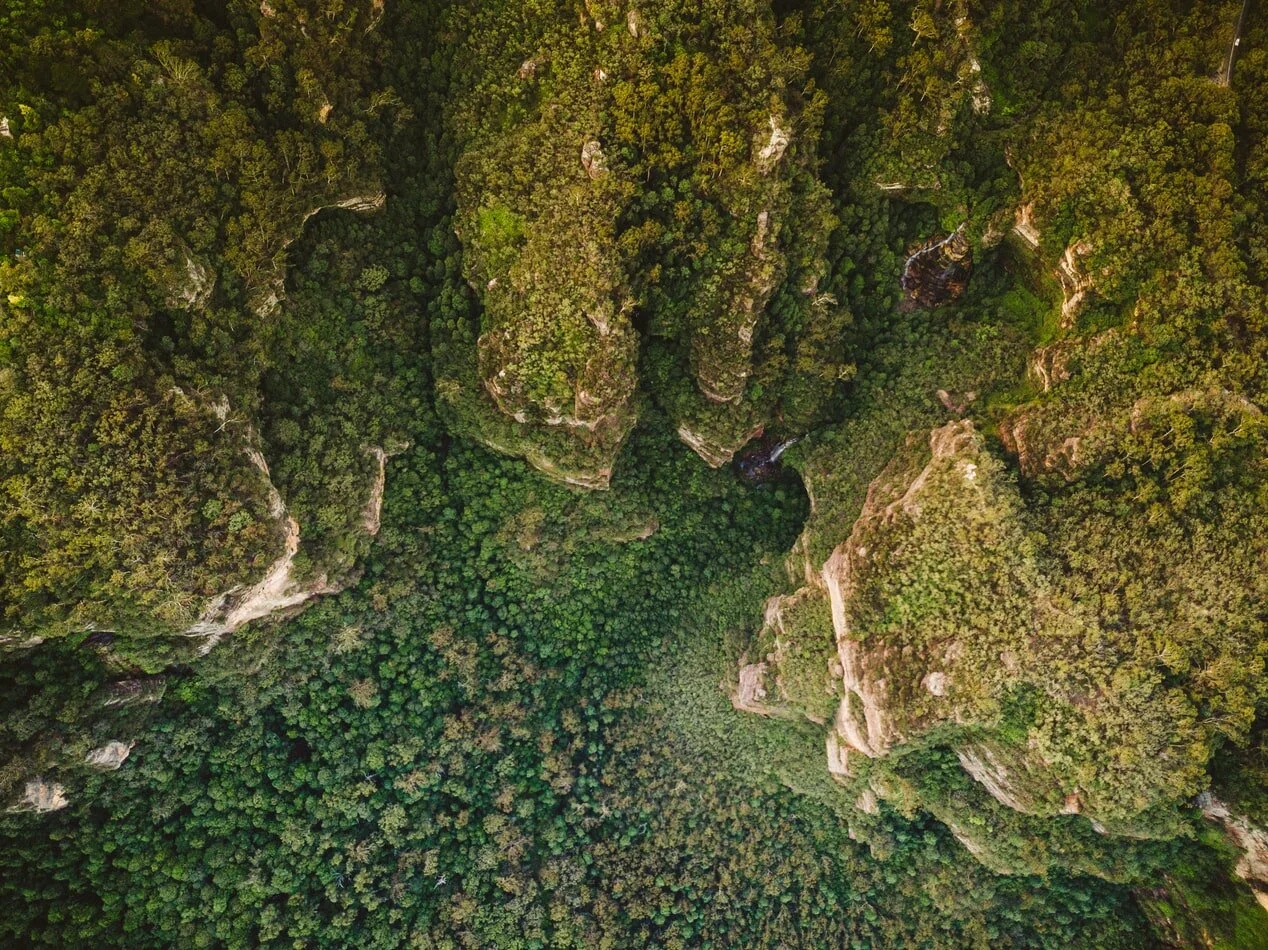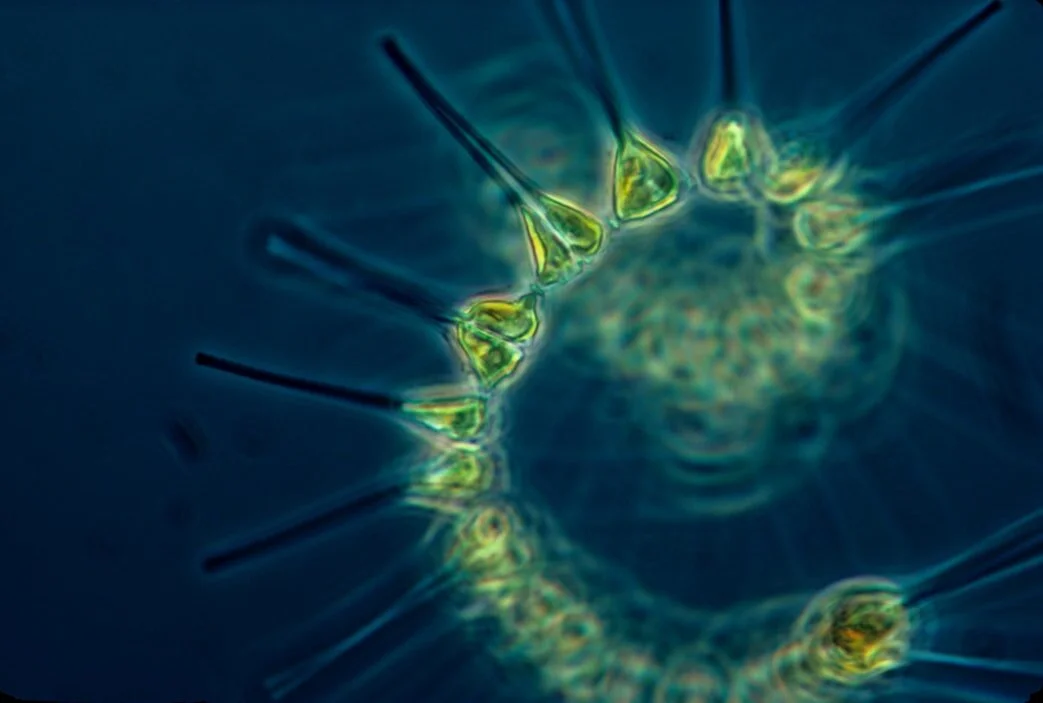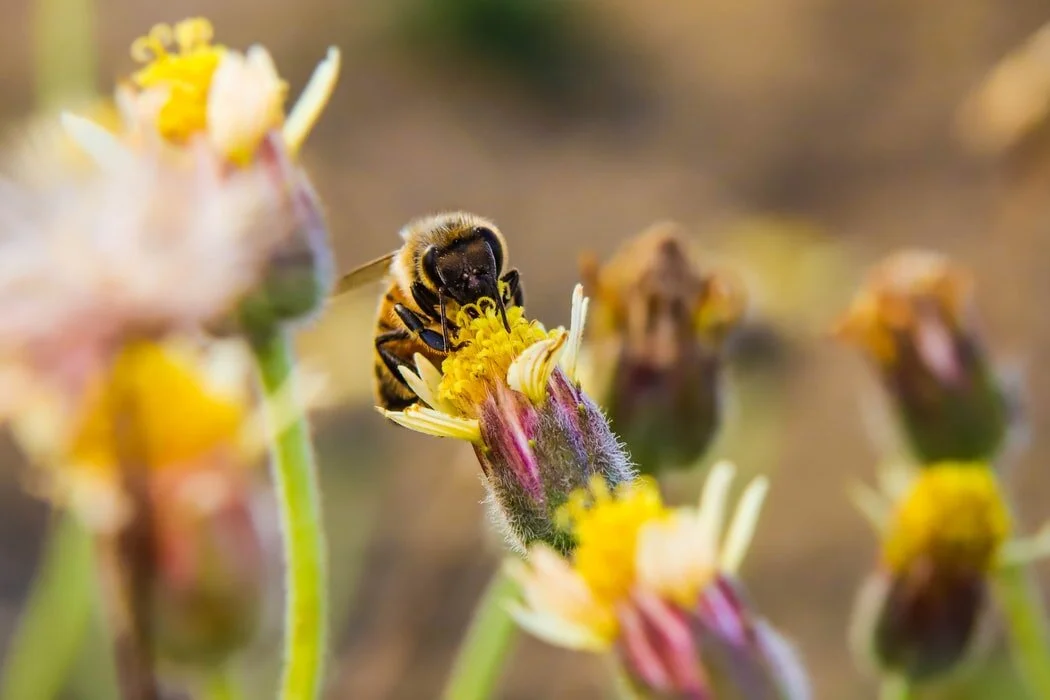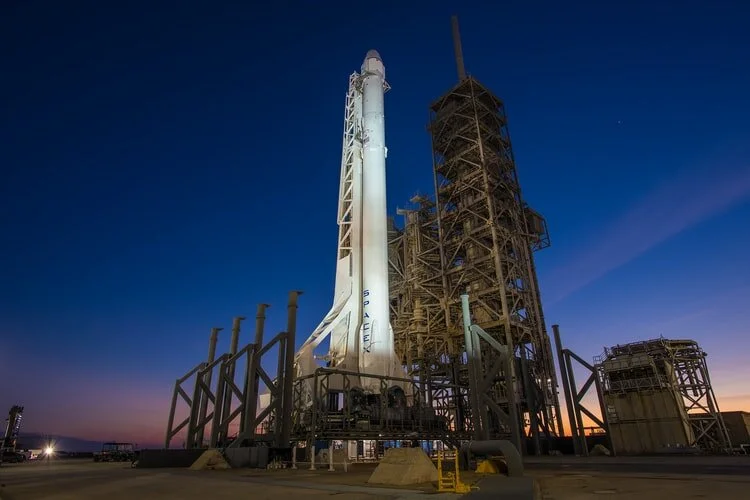A Total Capital Approach for Developing a Sustainability Agenda
In collaboration with Marakon, the following article details how to use Route2's Total Capital Accounting to effectively weave sustainability considerations into corporate strategy.
The gap between what markets value and what society values is closing. Financial markets and investors are increasingly focused on the fact that risks and opportunities linked to sustainability are tangible and can have a significant impact on business performance. By better understanding the relationship between stakeholder and shareholder value in the context of what a company does, leaders can shape more robust sustainability agendas. Once these agendas are progressed via an appropriate approach for institutional change, the company is then well on the path of simultaneous growth of both shareholder and stakeholder value.

Route2 delivers unique insights into the total impact of business activities. We offer businesses expert advice and analysis about historical and future performance. Our services (coined Value2Society) strengthen decision making, establish competitive advantage and enhance the value business delivers to society.
To find out more, email us at info@route2.com or phone +44 (0) 208 878 3941
Follow our social media to never miss a post:
Every year, the world produces almost 370 million tonnes of plastic. The UK produces more plastic waste per person than all other countries in the world, bar the USA, equating to 5.2 million tonnes every year - enough to fill Wembley Stadium six times over! With many of us rinsing, sorting and separating our plastics from our cardboards, we naturally assume that our recycling will be taken to a processing plant to be recycled and reused – but is that really the case?
There is an increasing division between nature and wilderness. Perfectly manicured gardens and heavily regulated reserves may represent elements of nature, however, can something so regulated really be described as wild?
While for many of us modern slavery is a concept which has been consigned to history, for millions it remains a reality. Modern slavery refers to situations of exploitation that a person cannot refuse or leave because of threats, violence, coercion, deception, and/or abuse of power. According to the International Labour Organisation, 40 million individuals worldwide are subject to modern slavery every single day.
When analysing the recent EU regulations on sustainable finance, a recurring and converging theme can be observed alongside the focus on climate and environment – this is human rights due diligence. Human rights due diligence is a way for corporates and investors to proactively manage any potential human rights impacts, within which they are involved.
There are approximately 476 million people who self-identify as indigenous worldwide. Although the indigenous population makes up less than 5% of the world’s total population, they own, occupy or use up to 22% of the global land area, which includes 80% of the world’s biodiversity. For thousands of years indigenous communities have been caretakers of the environment, protecting land from degradation and respecting wildlife; a role which is often overlooked
Worldwide, phytoplankton transfers about 10 billion tonnes of carbon from the atmosphere to the deep ocean each year. Based on Route2’s preferred social cost of carbon of £61, this results in a yearly societal benefit of £610 billion, in terms of avoided carbon. This indicates the significance and value of phytoplankton within the ocean sink, therefore, improving the capacity and efficacy of this is a priority for sustainability and conservation.
What is more valuable, a tree, or its equivalent weight in paper? Is a lake as valuable as its volume in water bottles on supermarket shelves?
The majority of us would not know how to approach an answer to this question. The only form of value we are accustomed to seeing, and therefore the value lens we see the world through, is financial value. Our vision is incomplete, we are colour-blind and all we see is money.
Across the world around two million tonnes of pesticides are being used annually, with approximately 85% of all pesticide usage occurring in the agricultural industry. Agriculture uses pesticides to boost productivity and output by controlling for weeds, preventing insect infestations and reducing plant diseases. However, it has been predicted that the costs of pesticides now outweigh the benefits.
Agriculture in developed nations is consolidated around industrial, largescale farms. These farms, which will often grow a limited range of crops or even a single crop (also known as ‘monoculture’), are increasingly responsible for the food that we eat. The advantages of a largescale farm are commonly assumed to be self-evident: consistency of output and economies of scale.
Water on the moon looks to be more abundant and accessible than previously thought, which is good news for all those considering a future lunar economy. Lunar water offers the potential of lunar manufactured rocket fuel, which means more efficient space exploration of other heavenly bodies. But before we view the solar system as the next wild west it might be worth reminding ourselves of the real costs of ‘freedom in the commons’ and ensure this understanding shapes our celestial adventures.

